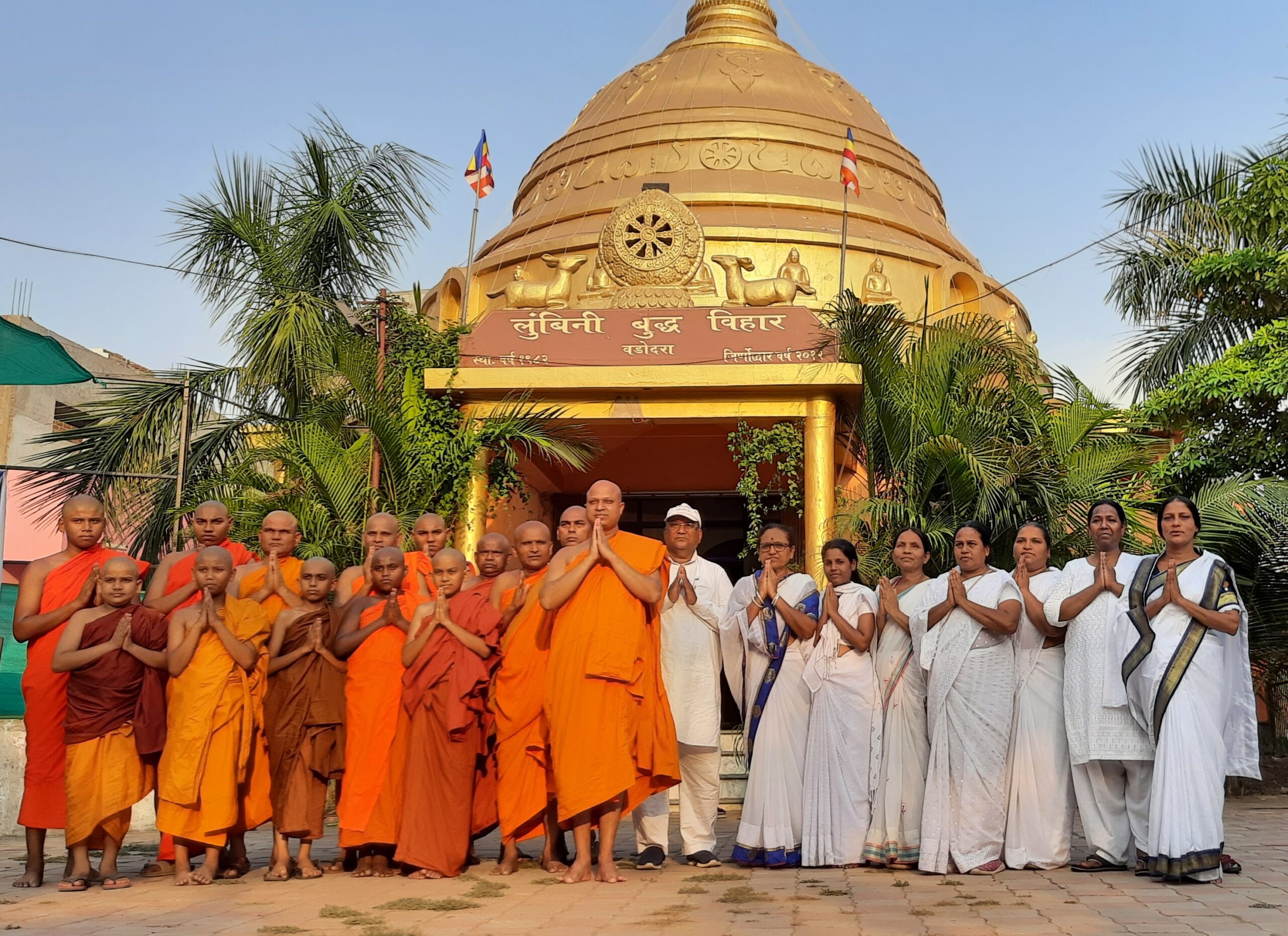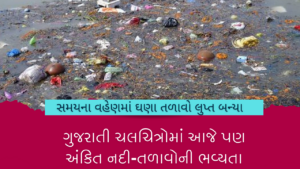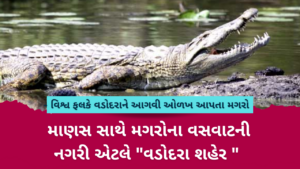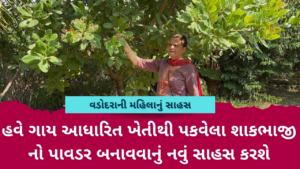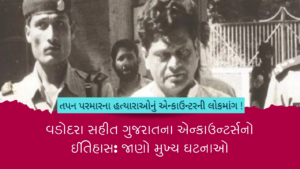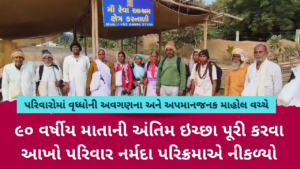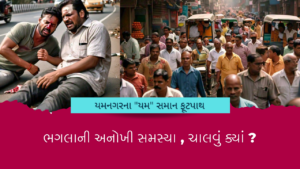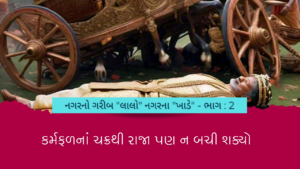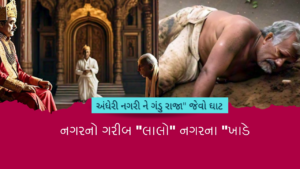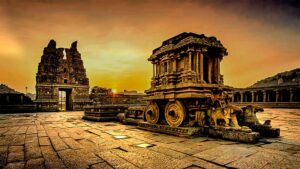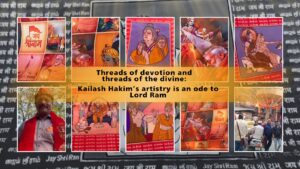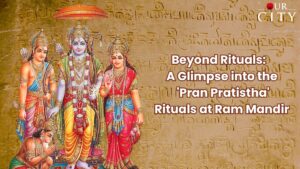Entering in the vihara premise, one would be blessed to see many Bhantejis (Monks) praying for peace. Vadodara houses not many, but a considerable number of people who follow Buddhism. One of the most interesting facts of these people is that they are the followers of BR Ambedkar and greet each other with ‘Jai Bhim’.
Buddhism and the Baroda connect
One must note that the entrance gate of Jubilee Baugh is inspired from the one at Sanchi Stupa. The Buddha statue was installed by Maharaja Sayajirao Gaekwad III for the residents of the city on the 25th anniversary of his rule. It was unveiled in year 1912.
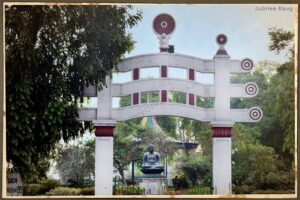
In the 1950s a team of archaeologists had found a ‘stupa’ and a ‘vihara’ lying beneath a Buddhist site at Devni Mori, a village in North Gujarat which was going to submerge post the construction of dam in 1957. In 1963, the relic casket containing bodily remains of ‘Dashabala’ (Buddha) was discovered. This is still preserved in the Department of Archaeology and Ancient History at the MSU.
About the Vihara
“It was a tiny enclosure since 1982,” says Samudre Dada, Trustee, Lumbini Buddha Vihar. After the funds poured in and there was rise in the followers, there was a thought of expanding and utilising the space to make the vihara. The vihara was made in the name of the departed souls of the Maharastrian society who followed the Dhamma. “Ideals of Ambedkar and Shahu Maharaj have inspired us to make a separate space for Buddha in our city,” confirms Dada.
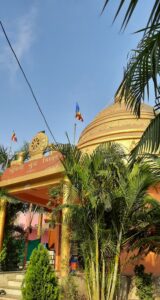
“The motive is to spread the Dhamma in every house of Vadodara to get more people to the vihara,” confirms Dada with a hope to spread Buddhism as much as possible to ensure more number of visitors at the vihara. He says that one monk is a resident of the monastery forever while the other monks from Nagpur, Aurangabad and Uttar Pradesh are invited on special occasions.
Why Buddhism?
One of the monks from Ahmednagar, Maharashtra; Baldev Pragyananda says, “logon ko yuddha nahi, Buddha chahiye.” He is the one who got converted to Buddhism post being inspired and encouraged from Ambedkar’s conversion in 1956. He is the staunch follower of the Dhamma and Panchsheel. Panchsheel are the five commandments taught by Buddha as the most essential moral code in Buddhism, and how these remain eternally relevant. “Lord Buddha instructed to refrain from taking life, not stealing from anyone, not having too much sensual pleasure and refrain from wrong speech,” informs Pragyananda.
While there were 12 monks available at the monastery, there were also a few nuns who have given up on the materialistic world and are moving towards the enlightenment. The head Kevay Survade says, “We are living in the world where there are many conflicts and Buddhism is the only way out.”
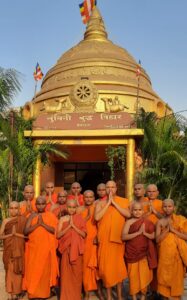 On the occasion of Buddha Purnima, a huge celebration in the premise is planned along with a rally.
On the occasion of Buddha Purnima, a huge celebration in the premise is planned along with a rally.

